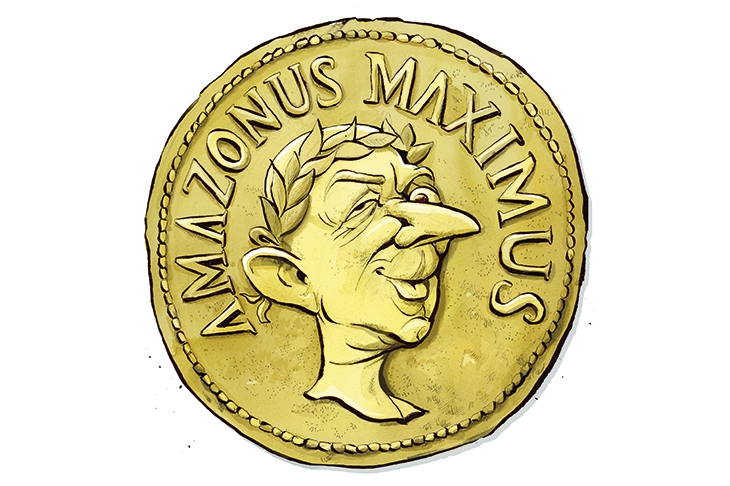No new year would be complete without the traditional Oxfam survey showing that a few of the richest people on the planet own more assets than the poorest 50 per cent of the world’s population combined. The figures change, but the gist is the same. January is usually a slow month, and it makes for startling headlines, intended to get us thinking about capitalism’s shortcomings.
It’s also been tradition, for those of us more positive about free markets, to offer a retort: before Covid, global poverty was falling at the fastest rate in history. Global inequality was narrowing because of capitalism, not despite it. Oxfam arrives at its figures by calculating, for example, that a recent Harvard graduate with $250,000 of student loans is worse-off than a rural Chinese rice farmer, because her ‘net wealth’ is technically lower. Such statistical stunts do little to assess — or help — the world’s poorest citizens.

Get Britain's best politics newsletters
Register to get The Spectator's insight and opinion straight to your inbox. You can then read two free articles each week.
Already a subscriber? Log in







Comments
Join the debate for just $5 for 3 months
Be part of the conversation with other Spectator readers by getting your first three months for $5.
UNLOCK ACCESS Just $5 for 3 monthsAlready a subscriber? Log in